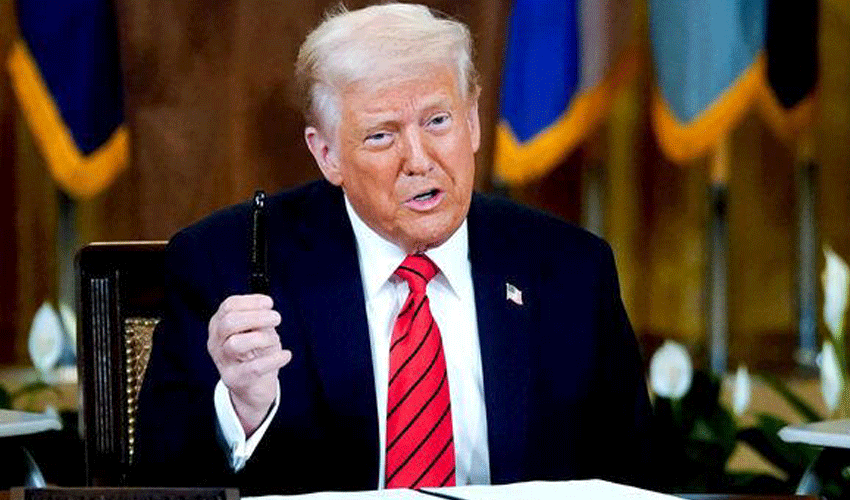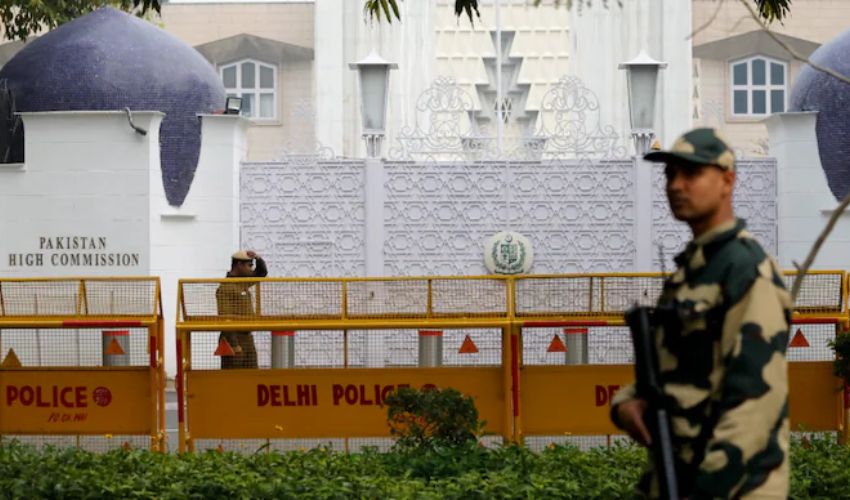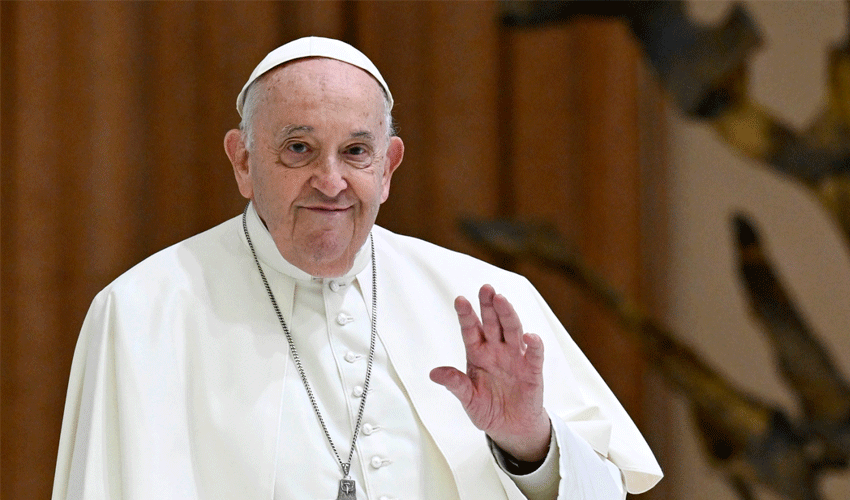United States President Donald Trump on Sunday signalled a continuation of his hardline stance on trade with China, asserting that “no one is getting off the hook” despite recent exemptions issued for some high-tech products.
Speaking on his Truth Social platform, President Trump reiterated that tariffs on Chinese electronics — including smartphones and laptops — remain firmly in place, with further duties on semiconductors expected to be implemented soon.
“We will not be held hostage by other countries, especially hostile trading nations like China,” the former president said, hours before addressing reporters aboard Air Force One. He confirmed that new tariffs targeting the semiconductor sector would be announced “in the not distant future,” though some flexibility may be offered to certain firms operating within the industry.
The statement followed a notice issued on Friday by US Customs and Border Protection that appeared to ease trade tensions by exempting 20 categories of high-tech products from the administration’s so-called “reciprocal” tariffs. These included semiconductors, flat-panel displays and computers, many of which are manufactured in China.
US Secretary of Commerce Howard Lutnick clarified on Sunday that the exemptions were temporary and that semiconductors would indeed face fresh tariffs within a matter of weeks. “What [Trump is] doing is saying they’re exempt from reciprocal tariffs, but they’re included in the semiconductor tariffs, which are coming in probably a month or two,” Lutnick told ABC News.
The development marks the latest chapter in a tit-for-tat trade confrontation between the world’s two largest economies. The United States has raised duties on Chinese imports to 145 per cent, while China has retaliated with tariffs of up to 125 per cent on American goods.
Beijing initially welcomed the exemptions, describing them as a “small step” towards improving trade relations. However, it continued to urge Washington to “completely cancel” its tariffs policy. Analysts noted the Friday tariff list offered a broad interpretation of “semiconductors,” encompassing categories not traditionally included in the definition.
“What is new is the apparent classification of goods as ‘semiconductors’. The list released on Friday night is much broader than what anyone else would call semiconductor,” said Deborah Elms, executive director of the Hinrich Foundation, in comments to Al Jazeera.
President Trump’s shifting trade policies have been a source of mounting concern for investors and industry leaders. Daniel Ives, an analyst at Wedbush Securities, described the administration’s approach as “mass confusion” that is “creating massive uncertainty and chaos for companies trying to plan their supply chain, inventory and demand.”
In recent weeks, global stock markets have experienced heightened volatility amid a barrage of contradictory tariff-related announcements from the White House. Earlier this month, Trump introduced sweeping duties on multiple trading partners, only to reverse course days later with a 90-day suspension on most measures — an exemption that did not extend to China.
Despite ongoing tensions, administration officials maintain that President Trump remains optimistic about achieving a trade agreement with Beijing, though they insist any overture must first come from the Chinese side.
Meanwhile, US stock futures edged higher following the president’s latest remarks. Futures tied to the S&P 500 rose by approximately 0.5 per cent, while those linked to the Nasdaq Composite gained around 0.8 per cent as of 10pm EST (03:00 GMT Monday).



























